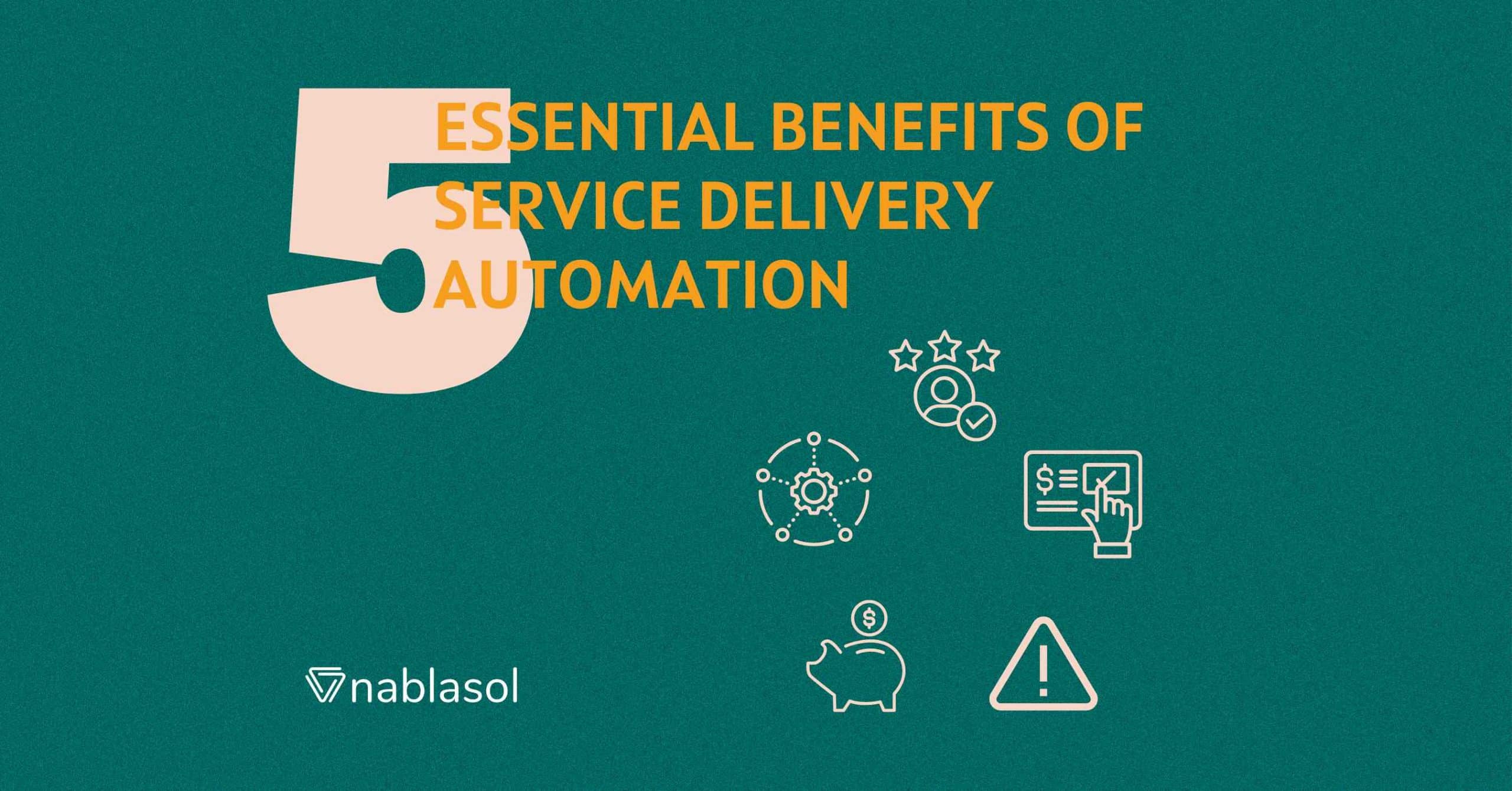Effective teamwork is essential in the rapidly evolving field of healthcare. It can significantly enhance outcomes, whether managing patient data, coordinating care among doctors, or ensuring all team members can access the most recent information. An advanced edition of SugarCRM provides a strong foundation that improves teamwork in the healthcare industry. This blog will discuss how using CRM to enhance patient care, increase productivity, and streamline cooperation can benefit healthcare organizations.
Utilizing the Team Collaboration Tools in SugarCRM
The correct tools are the first step towards effective collaboration. SugarCRM’s team collaboration tools make it easier for healthcare professionals to collaborate. These tools, which range from discussion boards and real-time notifications to shared work lists and calendars, ensure that every member is in the loop. In the healthcare industry, prompt dissemination of updates and information is crucial, as timely communication is essential.
Customizable Workflows and Automated Alerts:
With CRM, healthcare companies can configure workflows specifically for their requirements. These workflows ensure essential actions are completed promptly by automating repetitive processes and setting off cautions when specific conditions are fulfilled. Treatment delays can be reduced, for instance, when a patient’s medical records are updated and the appropriate healthcare practitioners are notified instantly.
Integrated Patient Communication Channels:
Email, SMS, and secure messaging are just a few contact methods that SugarCRM seamlessly incorporates into the platform. Thanks to this connectivity, healthcare teams can now interact with patients and one another inside the CRM system without ever leaving it. By centralizing all communications, healthcare providers can improve patient care and regulatory compliance by maintaining a clear and comprehensive record of all contacts.
Role-Based Access for Collaborative Security:
CRM’s collaboration tools are equipped with role-based access controls, ensuring team members only have access to the information they need. This is particularly important in healthcare, where patient confidentiality is paramount. By assigning roles based on job functions, SugarCRM helps maintain security while enabling seamless collaboration among team members.
Cross-Departmental Collaboration Features:
Effective teamwork is essential in the rapidly evolving healthcare field. It can significantly enhance outcomes, whether managing patient data, coordinating care among doctors, or ensuring all team members can access the most recent information. An advanced edition of SugarCRM provides a strong foundation that improves teamwork in the healthcare industry. This blog will discuss how using CRM to enhance patient care, increase productivity, and streamline cooperation can benefit healthcare organizations.
Real-Time Data Sharing and Reporting:
With SugarCRM, team members can access real-time data and generate reports. Whether tracking patient progress, monitoring resource utilization, or analyzing treatment outcomes, having access to up-to-date information is crucial. Real-time data sharing ensures that all team members are informed and can make data-driven decisions quickly, which is essential in fast-paced healthcare environments.
SugarCRM takes these tools a step further by integrating them with industry-specific features designed to meet the unique needs of healthcare providers. Whether coordinating care between multiple departments or managing a large team of providers, CRM’s collaboration tools can help streamline communication and ensure everyone is working toward the same goals.
Integrating Project Management with SugarCRM
Project management is another area where SugarCRM shines. In healthcare, managing complex projects—such as implementing new systems or coordinating large-scale patient care initiatives—requires a platform that can handle multiple moving parts. SugarCRM’s project management features, such as Gantt charts, task dependencies, and resource allocation, make it easy to keep projects on track.
Centralized Task Assignment:
Assign tasks to team members directly within SugarCRM, ensuring everyone knows their responsibilities and deadlines.
Real-Time Project Updates:
Keep track of project milestones with real-time updates, helping teams stay informed and agile.
Resource Allocation Optimization:
CRM’s built-in tools effectively allocate resources, ensuring that the right people and materials are available when needed.
Risk Management Tracking:
Use CRM to identify, monitor, and mitigate project risks, reducing the likelihood of unexpected delays or issues.
Integrated Timeline Management:
Manage project timelines with integrated Gantt charts, making it easy to visualize and adjust schedules as needed.
Collaboration on Project Documents:
Store and share all project-related documents within SugarCRM, ensuring easy access and collaboration.
Customizable Reporting:
Generate reports on project progress, resource usage, and outcomes directly from CRM, providing valuable stakeholder insights.
By integrating project management with CRM, healthcare organizations can ensure that all project-related information is centralized and accessible. This integration allows for better visibility into project progress, more efficient resource management, and improved communication between project teams. With SugarCRM, healthcare providers can manage projects more effectively, lowering the risk of delays and ensuring that projects are completed on time and within budget.
Managing and Sharing Documents in SugarCRM
Document management is a critical aspect of collaboration in healthcare. Healthcare organizations need a reliable way to manage and share documents, from patient records to compliance documents. SugarCRM’s document management features allow for secure storage, easy retrieval, and seamless sharing of documents.
Version Control for Critical Documents:
CRM’s document management system includes version control, allowing healthcare teams to track changes and access the most current version of any document, ensuring patient care and compliance accuracy.
Audit Trails for Compliance Monitoring:
SugarCRM provides detailed audit trails for document access and modifications, helping healthcare associations maintain compliance with regulations like HIPAA by offering a clear record of who accessed or edited sensitive information.
Secure External Sharing Options:
SugarCRM offers secure methods for sharing documents with external partners, such as other healthcare providers or insurance companies. These methods ensure that patient information is transmitted safely and meets industry standards.
Automated Document Workflow:
Automate document workflows in SugarCRM, such as routing documents for approval or triggering alerts when patient records are updated, to streamline processes and reduce administrative overhead.
Custom Document Categories and Tags:
SugarCRM allows you to organize documents with customizable categories and tags. This makes it easier for healthcare teams to quickly locate and share the necessary documents, improving efficiency and collaboration.
SugarCRM enhances document management with industry-specific features such as HIPAA compliance and role-based access controls. These features ensure that sensitive patient information is protected and accessible to authorized users. Additionally, SugarCRM integrates with other document management systems, allowing for easy collaboration with external partners and vendors. This integration is particularly valuable for organizations undergoing a CRM transition, as it ensures that all documents are accessible throughout the transition process.
Using SugarCRM for Internal Communication and Collaboration
Internal communication is critical to effective collaboration in healthcare. CRM’s internal communication tools, such as chat, email integration, and discussion forums, make it easy for team members to stay connected. These tools are precious for healthcare providers coordinating care across multiple locations or departments.
SugarCRM enhances internal communication by integrating it with collaboration tools like document and project management. This integration ensures that all communication is contextually relevant, making it easier for team members to find the information they need when they need it. Whether coordinating care between providers or managing a large team of healthcare professionals, CRM’s internal communication tools can help you stay connected and work more efficiently.
Setting Up and Managing User Roles and Permissions in SugarCRM
Protecting patient information is paramount in healthcare. CRM’s user roles and permissions features allow organizations to control who has access to what data. This is particularly important in healthcare, where different team members may need access to different types of information.
Granular Access Control:
SugarCRM allows granular control over who can view, edit, or delete specific data, ensuring that sensitive information is tightly secured.
Role-Based Data Segmentation:
Segment data access based on roles, ensuring that different departments, such as billing or clinical staff, only see relevant information.
Automated Role Assignments:
Streamline onboarding by automating the assignment of roles and permissions based on predefined templates, reducing setup time and errors.
Periodic Access Reviews:
Schedule automated user roles and permissions reviews to ensure compliance with security policies and regulations.
Temporary Access for Contractors:
Provide temporary or limited-time access to external contractors or partners, ensuring they only access necessary information for their engagement.
With SugarCRM, setting up and managing user roles and permissions is simple and intuitive. The platform allows organizations to create custom roles based on job functions, ensuring that team members only have access to the information they need to do their jobs. This protects patient information and streamlines collaboration by reducing the amount of unnecessary information team members have to sift through.
Conclusion
Healthcare businesses must collaborate effectively, and SugarCRM provides a strong foundation to assist them. SugarCRM gives you the tools to work more successfully, whether using team collaboration tools, integrating project management, organizing and distributing documents, or configuring user roles and permissions. Healthcare providers can enhance patient care by optimizing communication, streamlining processes, and utilizing SugarCRM’s features.
The necessity for efficient collaboration will only increase as healthcare changes. SugarCRM, a potent instrument, can help healthcare companies tackle this challenge and prosper in an increasingly complex sector.



